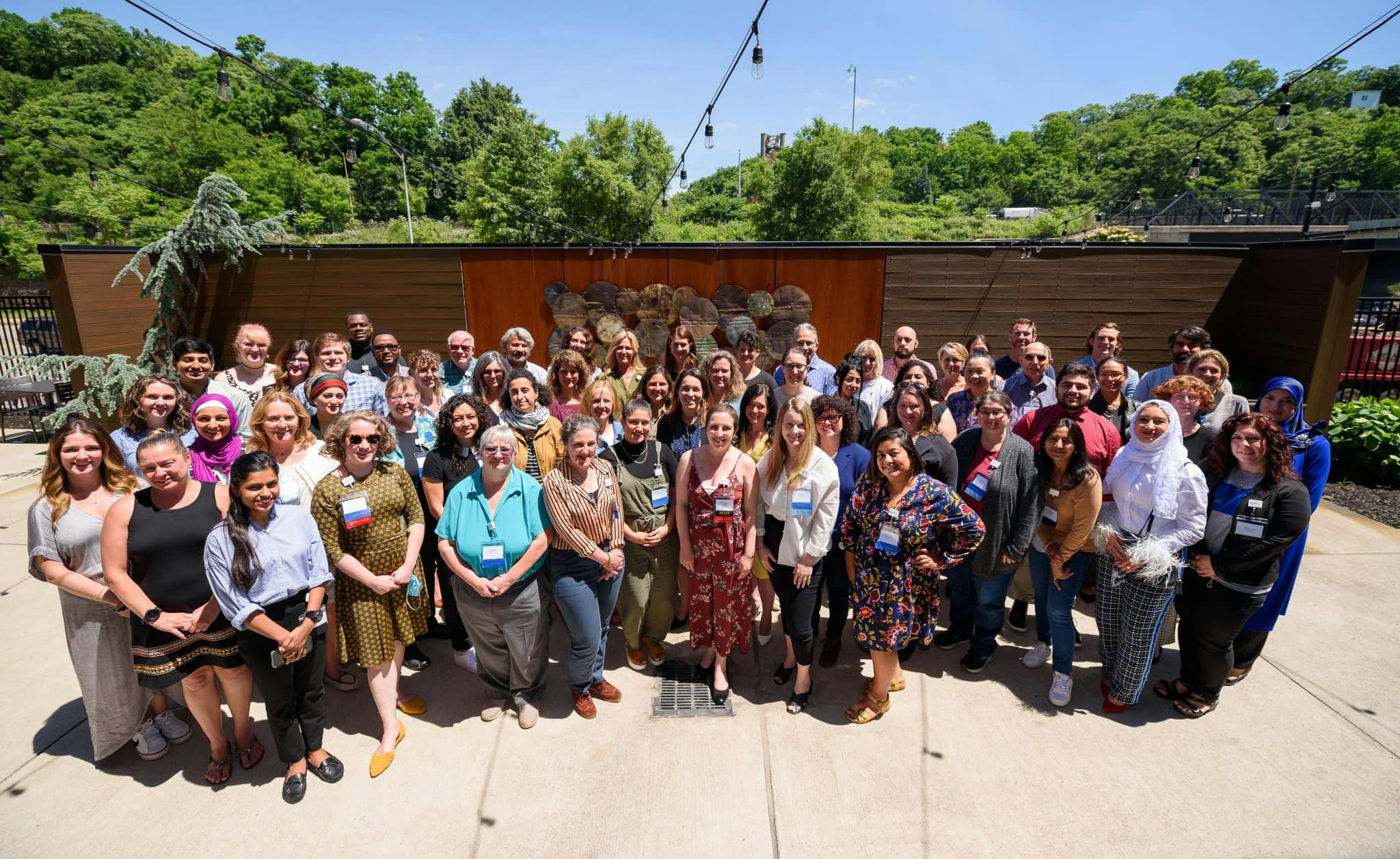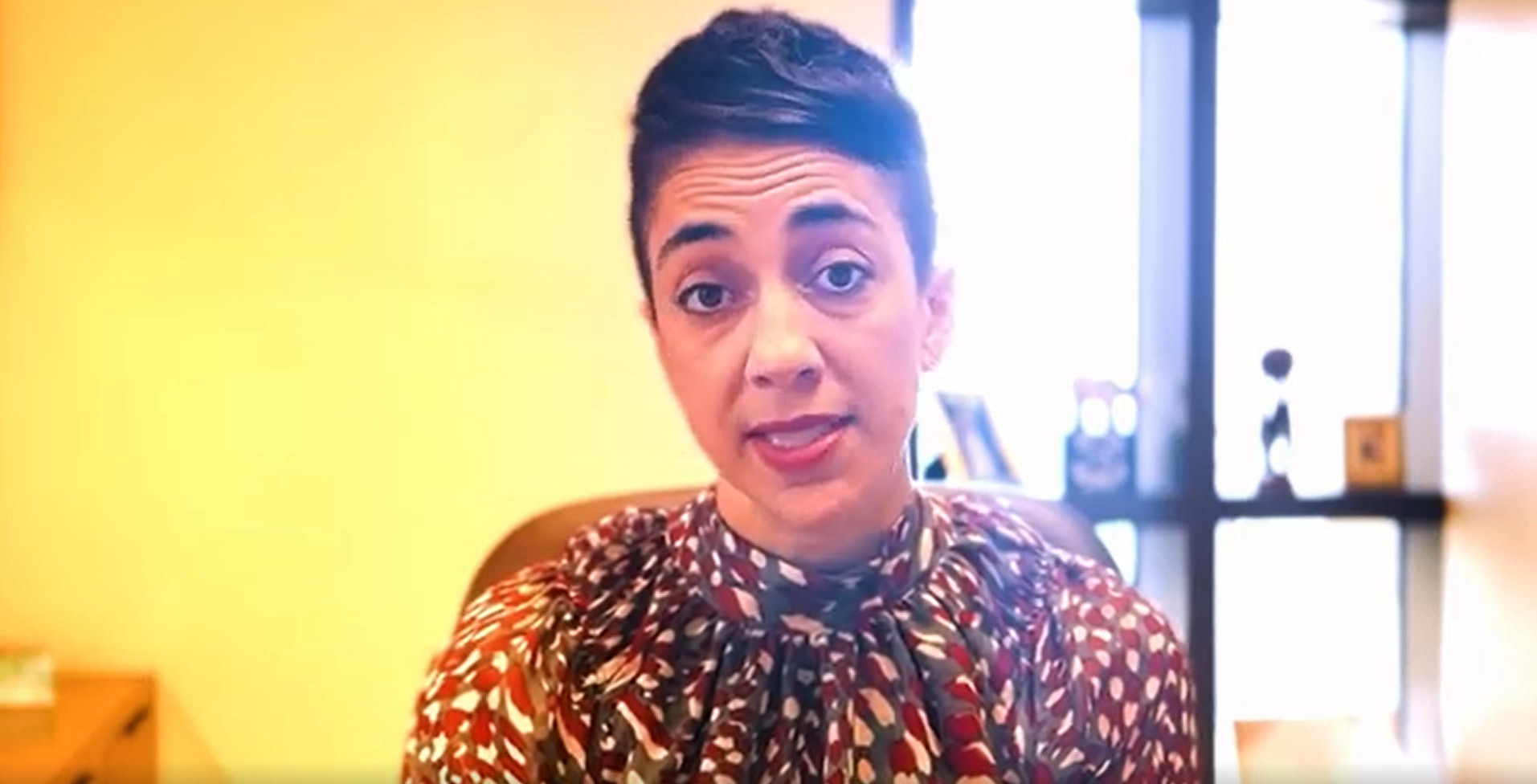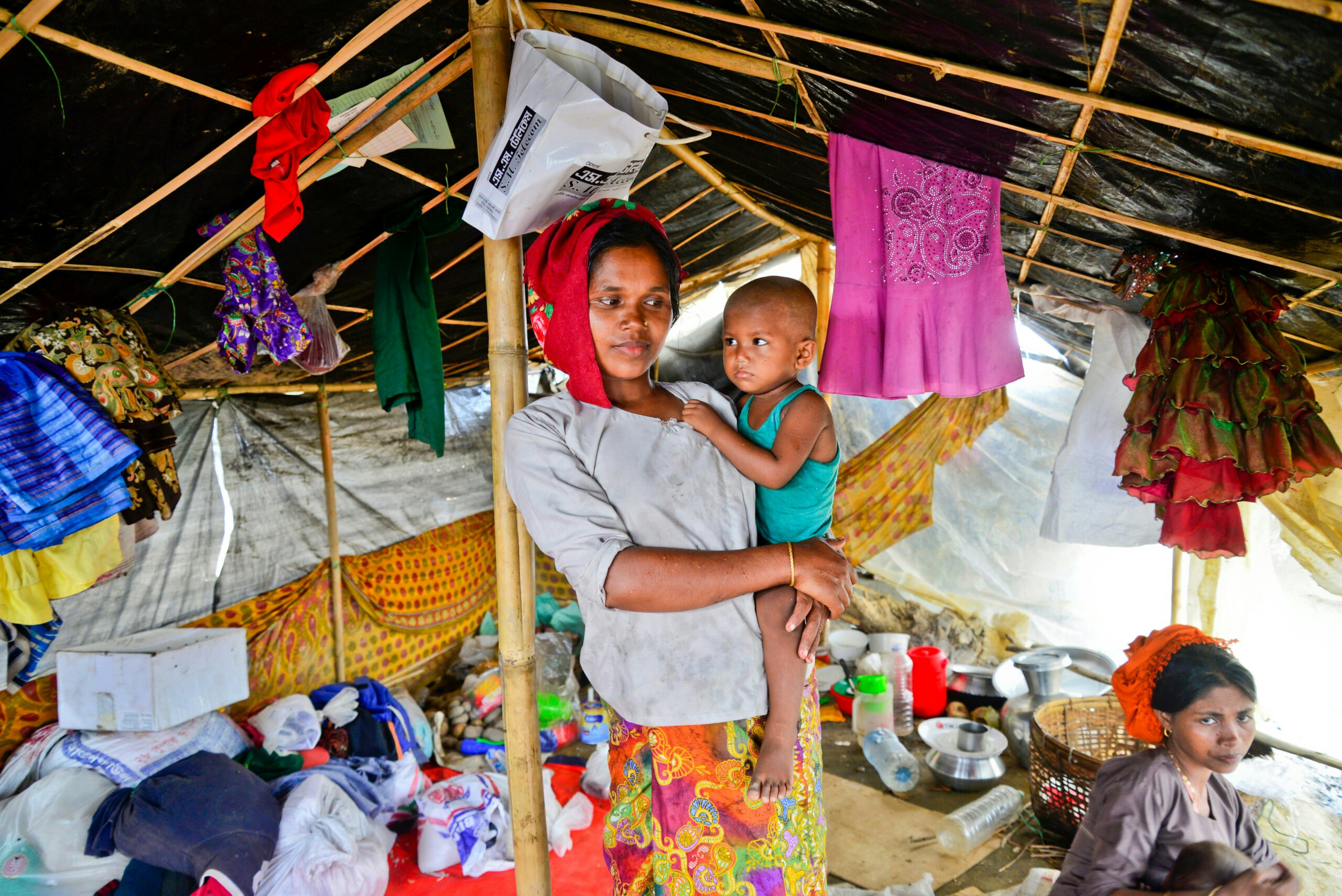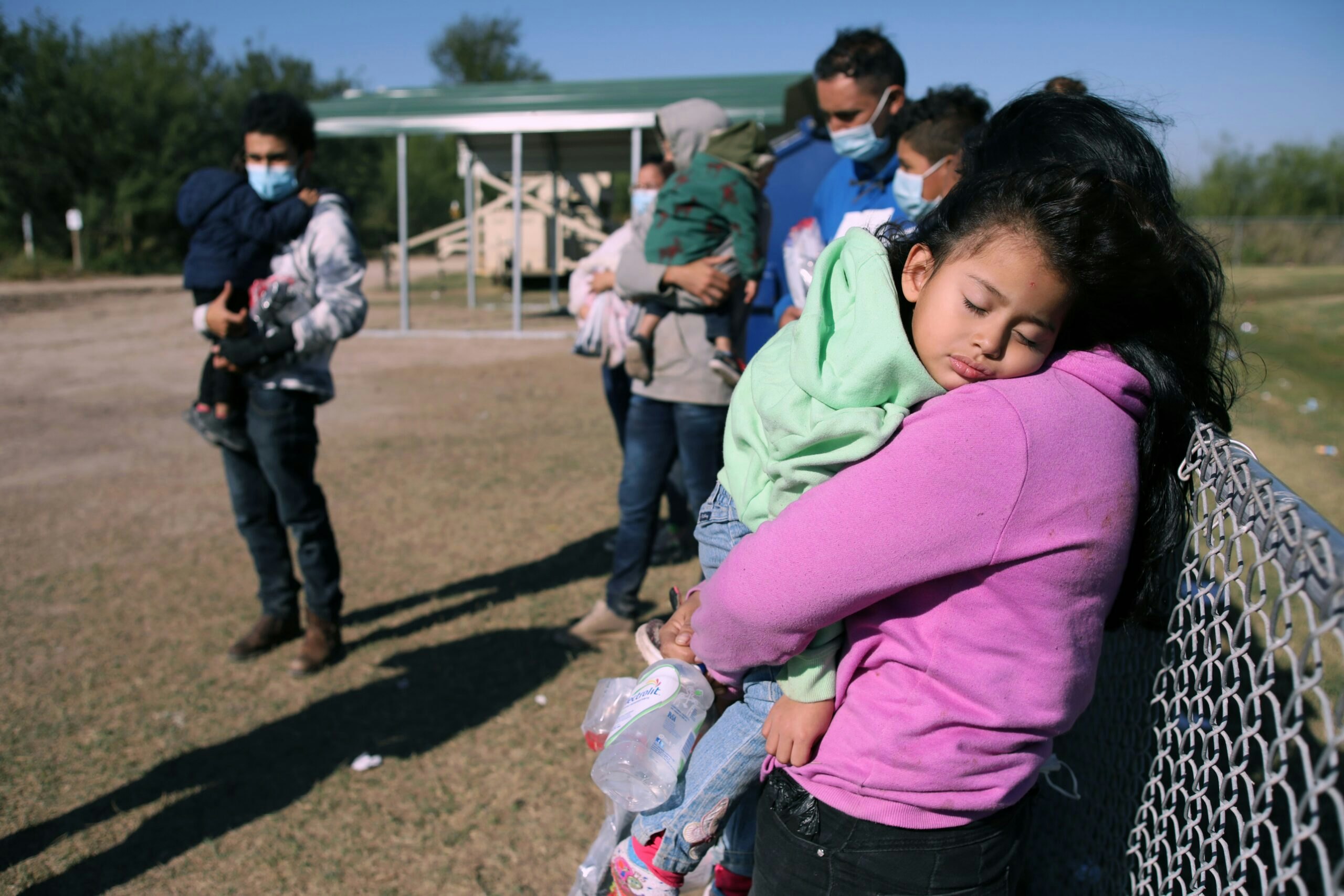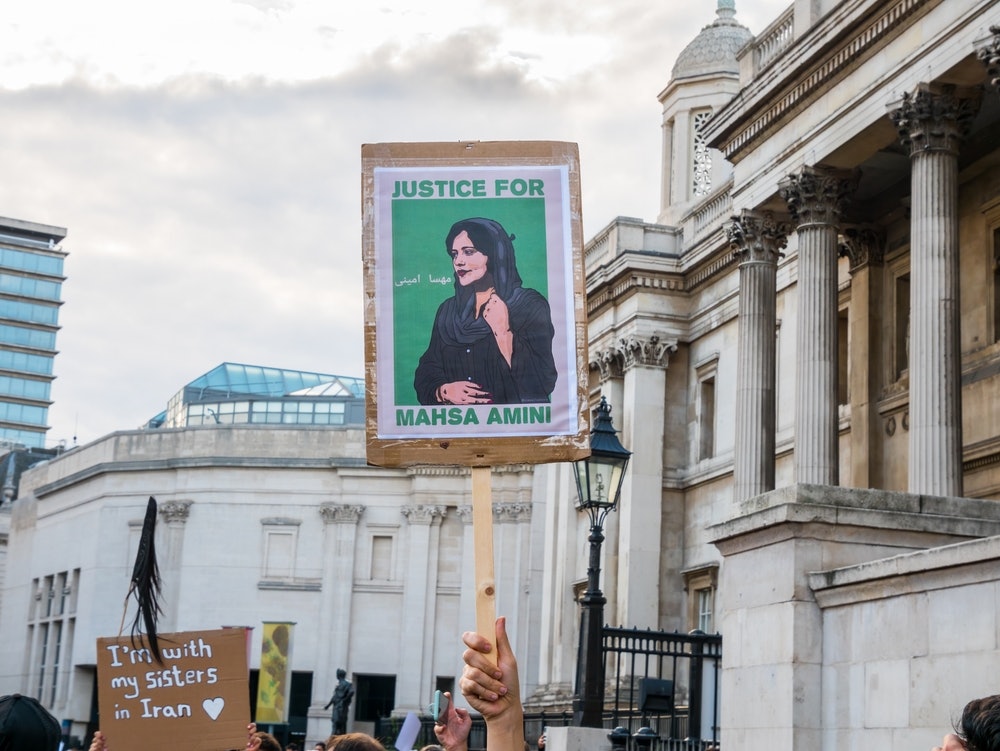About the Leading Change SeriesWomen in Afghanistan have experienced incredible progress over the last ten years, and the hard-won gains of the...
About the Leading Change Series
Women in Afghanistan have experienced incredible progress over the last ten years, and the hard-won gains of the last decade must not be reversed. Girls have returned to school to become educated, like their brothers, and women are serving as provincial governors and members of the National Assembly. Their stories inspire us, and remind us of what is at stake for Afghan women.
As part of the Women’s Initiative Afghan Women’s Project, we have launched a blog series that spotlights the success stories of courageous Afghan women and girls.
Alaha Ahrar – Poet for Peace
Alaha Ahrar is a tenacious, hard-working young Afghan woman with a poet’s heart. She reflects deeply on the challenges facing the women, men, boys and girls within Afghanistan, and seeks to be a mouthpiece for peace within her homeland. Alaha serves on the board of the Afghan Women’s Writing Project and volunteers for International World Poetry, Youth Team Canada and Peace by Peace.
Alaha’s story reminds us how investments in education for women and girls within Afghanistan result in increased opportunity, health and stability for girls and their communities. In 2010, the Bush Institute hosted a conference “Educating and Empowering the Women and Girls of Afghanistan,” and continues to encourage the U.S. government, the US-Afghan Women’s Council and other organizations to invest in women and girls’ education within Afghanistan. These crucial and strategic investments will help secure the expansion of rights for both women and children in Afghanistan and to enable Afghans to pursue their desire for peaceful, prosperous communities.
Alaha Ahrar was born into a family of Afghan poets and writers. Her earliest memories involve weekly gatherings at her family home in Kabul, where friends and family gathered to recite poetry and celebrate famous Afghan poets like Rumi, Hafiz, and Baydel. Like all other young girls living under the Taliban rule, Alaha was forbidden to go to school, but learned to read and write Arabic and Persian as a part of her religious education at a very young age. Her education continued at home, where her father and older siblings tutored her and encouraged her to write her own poetry. Alaha’s love for literature and moving recitations at family gatherings surprised guests, who often remarked that she spoke with the maturity and passion of an adult.
As a teenager, Alaha began to dream of attending university in the United States. “Everyone laughed at me because education wasn’t allowed for women, and learning English was prohibited.” Alaha’s family paid for her to take English lessons in Kabul. “I had one English book and one notebook, and worked hard to memorize every word I learned each day.” When her family fled to Pakistan, Alaha continued to learn in an English school in Islamabad, where her teachers helped her improve her English and prepare for her TOEFFL and college entrance exams.
In 2008, Alaha won a scholarship from the Initiative to Educate Afghan Women to attend Virginia’s University of Mary Washington, where she became the first student in the university’s history to pursue three consecutive fields of study. Alaha’s pursuit of higher education came at a price. As is true of many young Afghan girls today, opposition to the basic right of education forged a tenacious ambition in Alaha to work hard and to take full advantage of her opportunity to gain a university degree. “I faced so many challenges in Afghanistan,” Alaha said. “The Taliban says that Afghan women are not capable of learning, and that they should stay at home. I worked hard at Mary Washington University to prove that Afghan women are able to learn. We can get an education, and we can do it the same as men. I worked hard to prove the women of my country right.”
Alaha’s achievements cannot be understated. She graduated with university honors; a triple major in Political Science, Human Rights, and International Affairs; and a certificate in Middle Eastern Studies. Upon her graduation, the university President Richard Hurley told Voice of America how proud he was of Alaha, given that she had completed 11 years of work within her four-years at the school. “I did work hard, but not only for myself. I did it for my country, my university and my family. I wanted to show my professors that if they invest in me, I will not waste it.” Alaha treasures her opportunity to learn in the United States and considers her honors at the University of Mary Washington as one of her greatest achievements.
In addition to her academic work, Alaha worked a part-time job and volunteered to speak at local schools and community events. Alaha wants others to understand the true nature of Afghan people. “People often focus on one part of Afghanistan’s story – war and insecurity. But really, we forget that there is another piece of Afghanistan. It is a poetic land, one in which people dream of living beautiful, peaceful lives.”
Today, Alaha writes poetry to express the heart of a young generation of Afghan women and men. Through her writings, she wants to motivate the youth of her country to continue to pursue education, ethical values and peace. Her poem, “Instead of Hate, May Love Rain Down” led to her being named “Empowered Poet of 2012” at the International World Poetry Peace Festival in Canada.
Instead of Hate, May Love Rain Down
O knowledable youth, O awakened generation of this land
Seek knowledge, for it is a decoration for men and women
Living with knowledge and wisdom is humanity’s pride
It is the era of knowledge, be aware! For one cannot live in ignorance
The ignorant ruing your country to this extent
You can rebuild it with knowledge. Listen to me!
Your country’s hopeful eyes are drawn toward you, O youth
So that you may make a garden and prairie from this desolate desert
Bring peace and security to the country! Unity and cooperation,
So that all countrymen be one body, one soul
Alaha begs the All Mighty
Instead of hate, may love rain down, and instead of war, peace
Previously:














